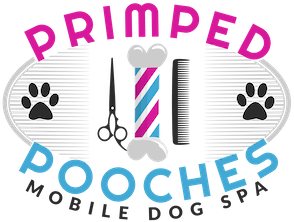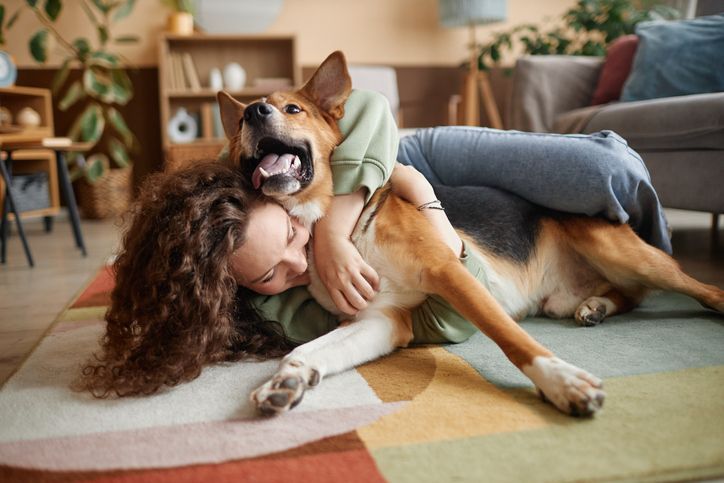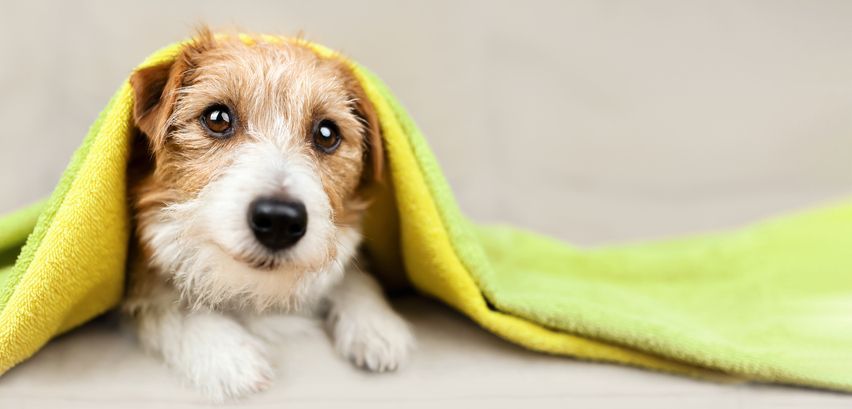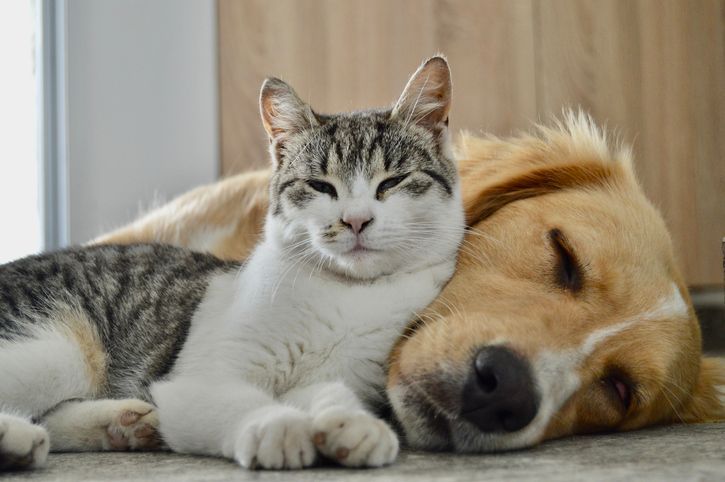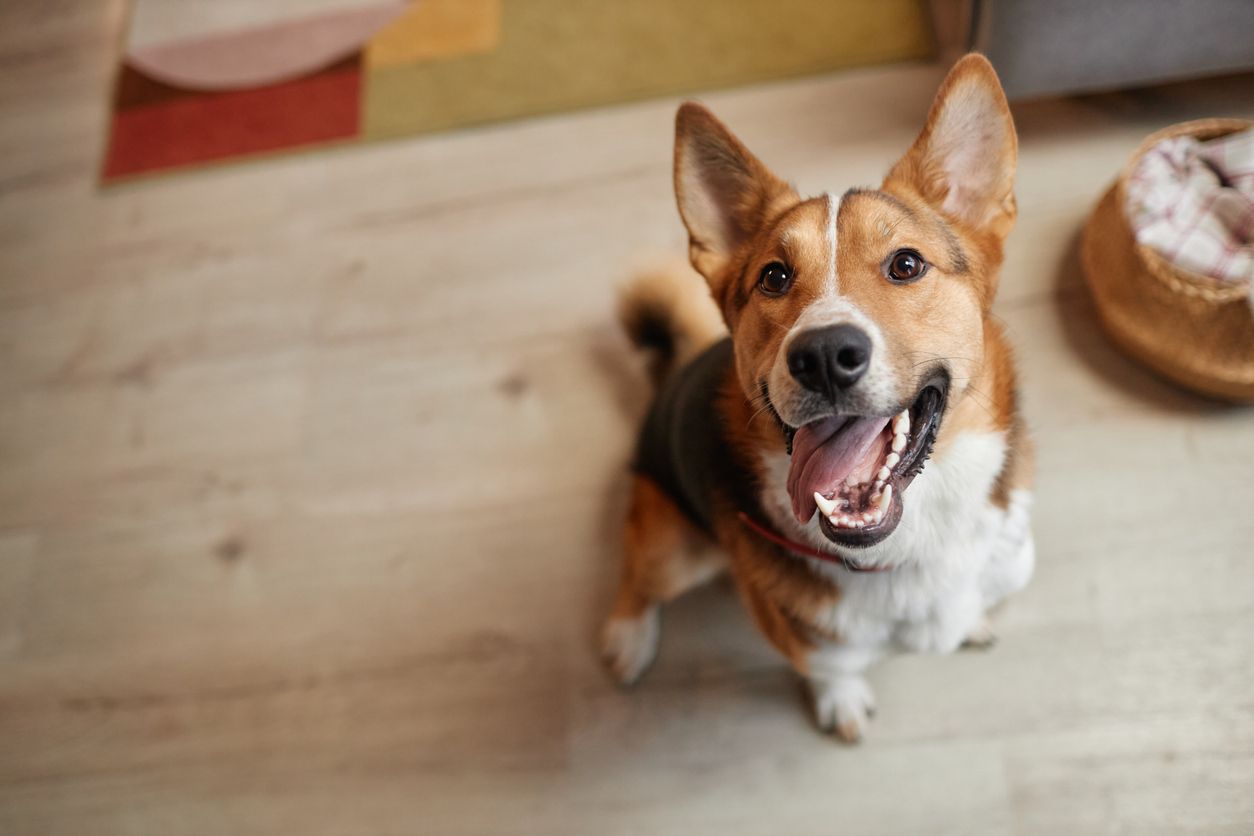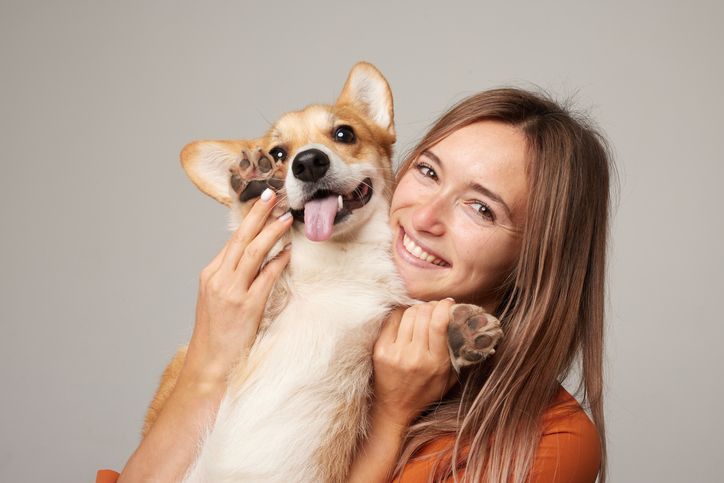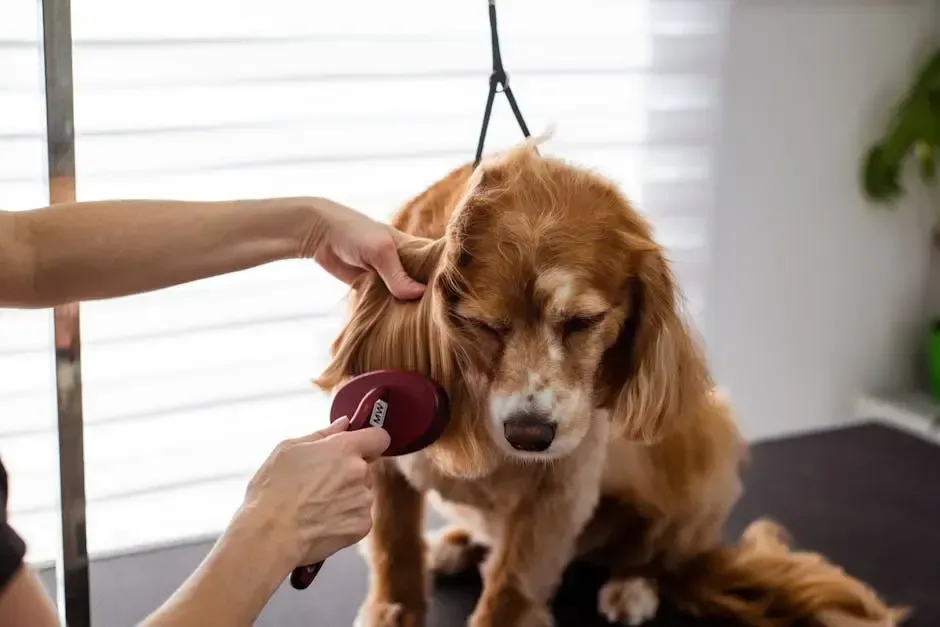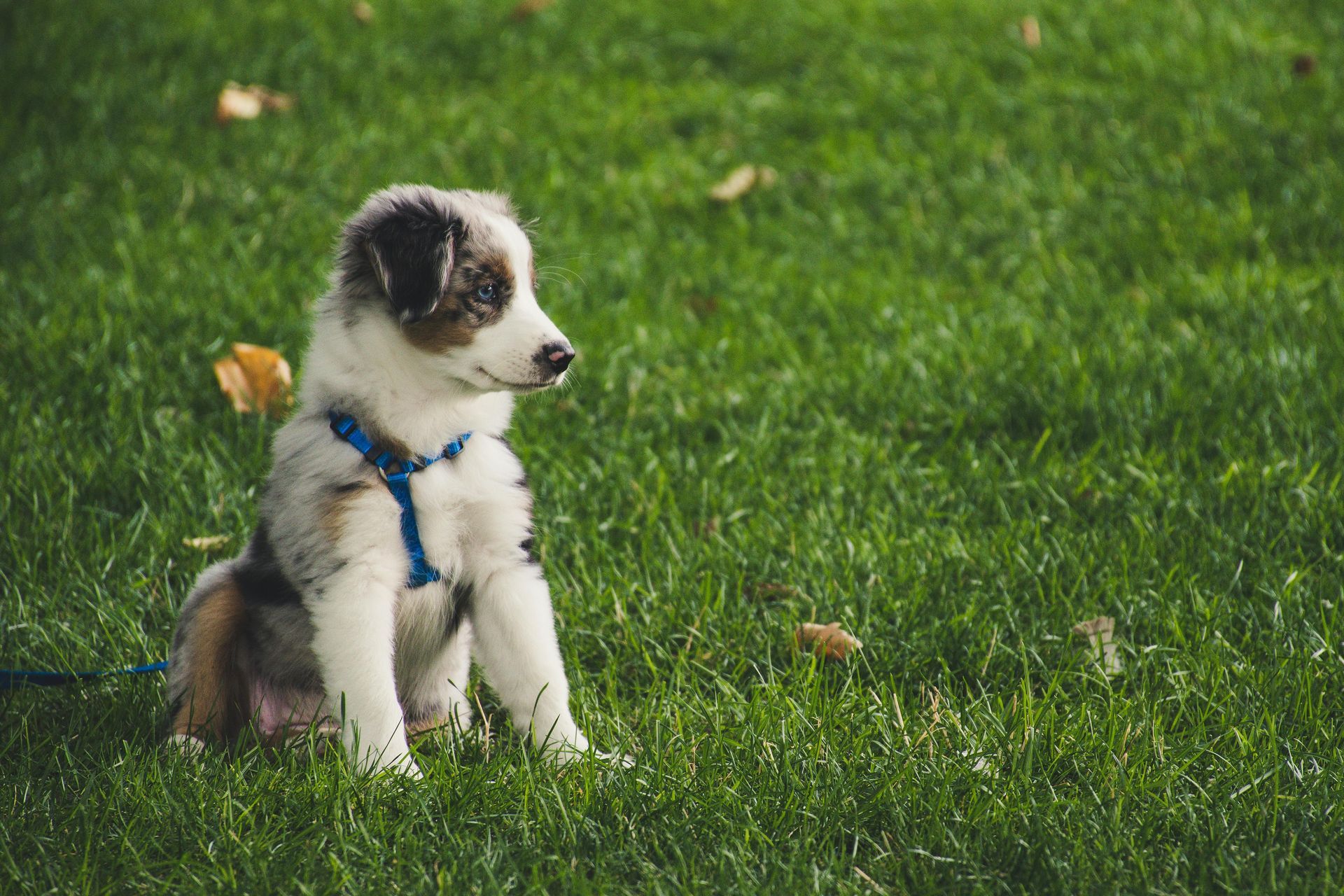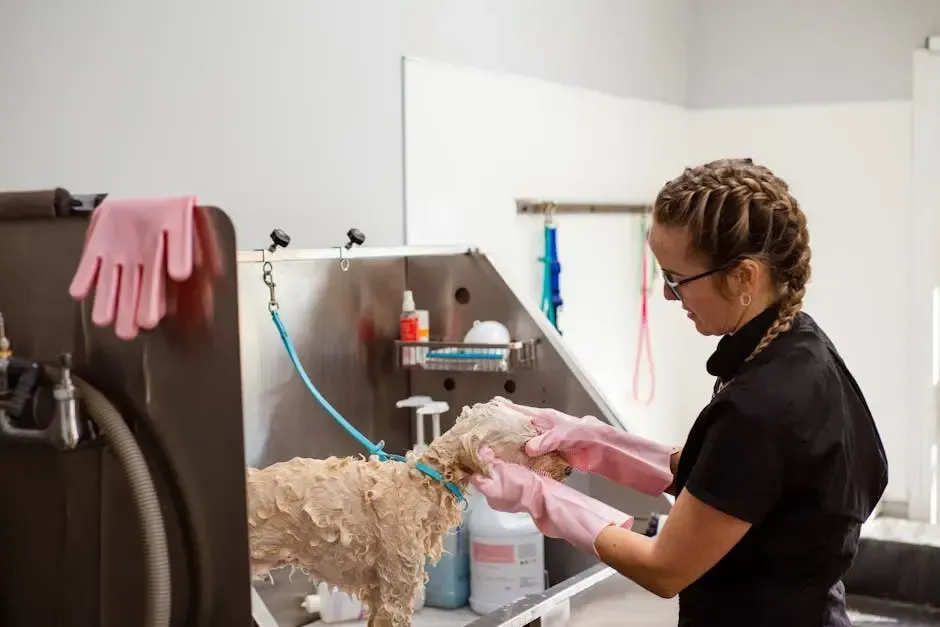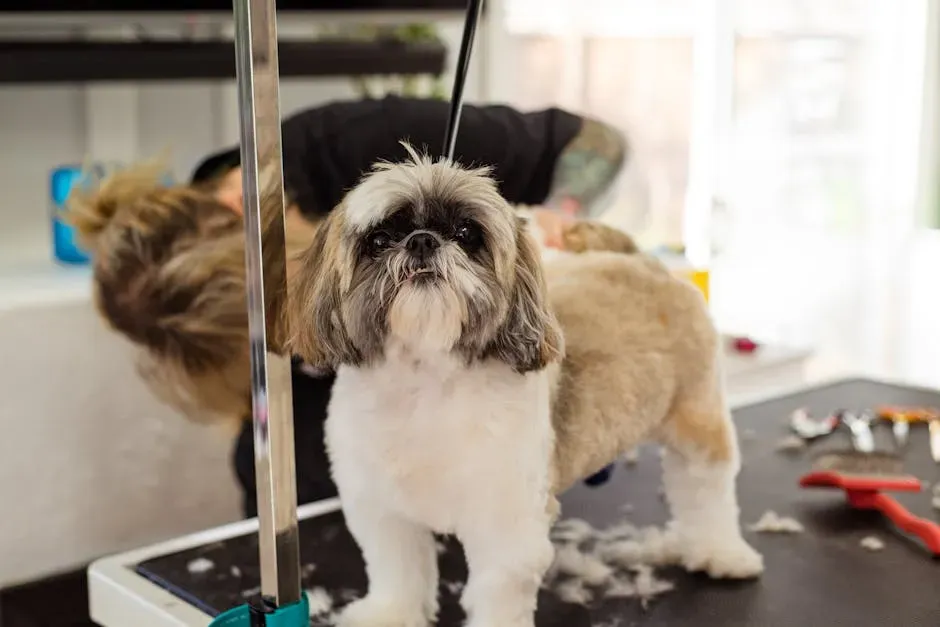What Vegetables Are Good For Your Dogs Coat?
Nutrition plays a crucial role in the overall health and well-being of our pets
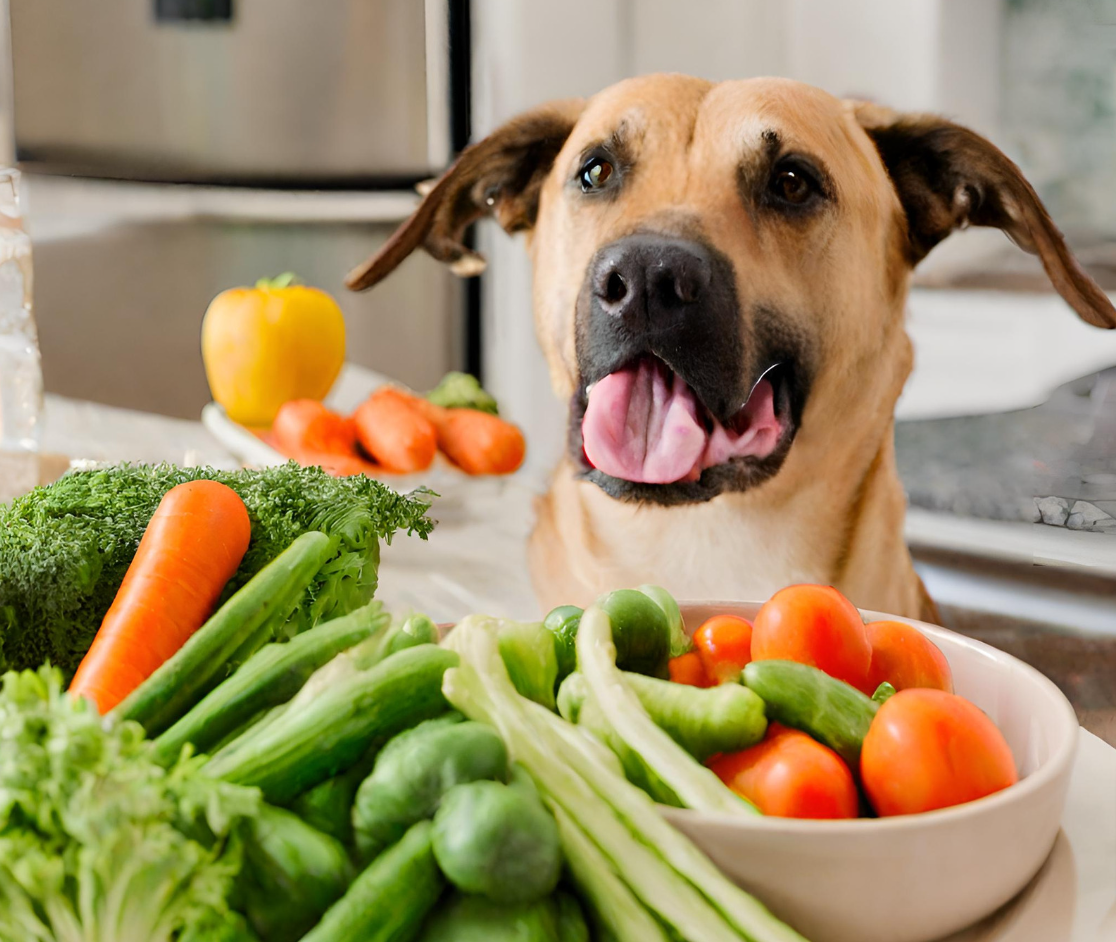
What Vegetables Are Good for Your Dog's Coat?
When it comes to keeping our furry friends happy and healthy, one aspect that often gets overlooked is the condition of their coat. Just like humans, dogs benefit from a balanced diet rich in essential nutrients to maintain a shiny, lustrous coat. In this article, we'll explore the role of nutrition in promoting a healthy coat for your beloved canine companion and delve into the specific vegetables that can make a difference.
Understanding the Importance of Nutrition
Nutrition plays a crucial role in the overall health and well-being of our pets, including the condition of their coat. A diet lacking in essential nutrients can result in a dull, dry coat that is prone to shedding and other issues. Therefore, it's important to provide our dogs with a balanced diet that includes all the necessary vitamins, minerals, and fatty acids.
Key Nutrients for a Healthy Coat
Among the key nutrients that contribute to a healthy coat, omega-3 and omega-6 fatty acids are particularly important. These fatty acids help nourish the skin and coat, reducing inflammation and promoting hair growth. Additionally, vitamins A and E play a role in maintaining skin health, while zinc supports the production of keratin, a protein essential for healthy hair.
Vegetables That Promote a Healthy Coat
Fortunately, many vegetables are packed with the nutrients necessary to support a shiny, lustrous coat in dogs. Carrots, for example, are rich in beta-carotene, which is converted into vitamin A in the body and helps promote healthy skin and coat. Spinach is another excellent option, containing vitamins A, C, and K, as well as iron and antioxidants that support skin health.
Sweet potatoes are a great source of both vitamins A and E, while broccoli provides a healthy dose of vitamin C, which is important for collagen production and skin health. Pumpkin is rich in fiber and beta-carotene, making it beneficial for both digestive and skin health. Green beans, Brussels sprouts, peas, and other green vegetables also offer a range of vitamins and minerals that support a shiny coat.
Incorporating Vegetables Into Your Dog's Diet
When incorporating vegetables into your dog's diet, it's important to ensure they are prepared safely and in appropriate portion sizes. Most vegetables can be served raw, steamed, or cooked, but it's best to avoid adding any seasonings or oils that could be harmful to your pet. Additionally, vegetables should only make up a small portion of your dog's overall diet, with the majority of calories coming from high-quality protein sources.
Potential Risks and Precautions
While vegetables can offer numerous health benefits for dogs, it's important to be aware of potential risks and take precautions accordingly. Some dogs may be allergic to certain vegetables, so it's essential to introduce new foods gradually and monitor for any signs of adverse reactions. Additionally, some vegetables may cause digestive upset in sensitive dogs, so it's best to consult with your veterinarian before making any significant changes to your pet's diet.
Other Tips for a Shiny Coat
In addition to incorporating vegetables into your dog's diet, there are several other steps you can take to promote a shiny coat. Regular grooming helps distribute natural oils throughout the coat, while proper hydration is essential for healthy skin and hair. Additionally, minimizing stress and providing a stable, loving environment can contribute to overall well-being, including the condition of your dog's coat.
Conclusion
A shiny, lustrous coat is not only a sign of good health in dogs but also a reflection of proper nutrition and care. By incorporating nutrient-rich vegetables into your dog's diet and following these tips for coat care, you can help ensure that your furry friend looks and feels their best.
FAQs:
Can I feed my dog vegetables every day?
- While vegetables can be a healthy addition to your dog's diet, they should only make up a small portion of their overall food intake. It's best to consult with your veterinarian to determine the appropriate amount for your pet.
Are there any vegetables I should avoid feeding my dog?
- Some vegetables, such as onions, garlic, and avocado, can be toxic to dogs and should be avoided. Additionally, it's important to monitor for any signs of allergies or digestive upset when introducing new foods.
How can I tell if my dog has a healthy coat?
- A healthy coat should be shiny, soft, and free from dryness or excessive shedding. Regular grooming and proper nutrition can help maintain a healthy coat in dogs.
Can I give my dog supplements instead of vegetables for coat health?
- While supplements can be beneficial in some cases, it's generally best to focus on providing a balanced diet that includes a variety of nutrient-rich foods, including vegetables.
What should I do if my dog's coat doesn't improve despite dietary changes?
If your dog's coat continues to look dull or unhealthy despite dietary changes, it's important to consult with your veterinarian to rule out any underlying health issues and determine the best course of action.The body content of your post goes here. To edit this text, click on it and delete this default text and start typing your own or paste your own from a different source.
| Monday | 8AM - 5PM |
| Tuesday | 8AM - 5PM |
| Wednesday | 8AM - 5PM |
| Thursday | 8AM - 5PM |
| Friday | 8AM - 5PM |
| Saturday | 8AM - 5PM |
| Sunday | 8AM - 5PM |
Allen Service Area
Allen, Texas 75013
McKinney Service Area
McKinney, Texas 75070
Frisco Service Area
Frisco, Texas 75036
Plano Service Area
Plano, Texas 75034
